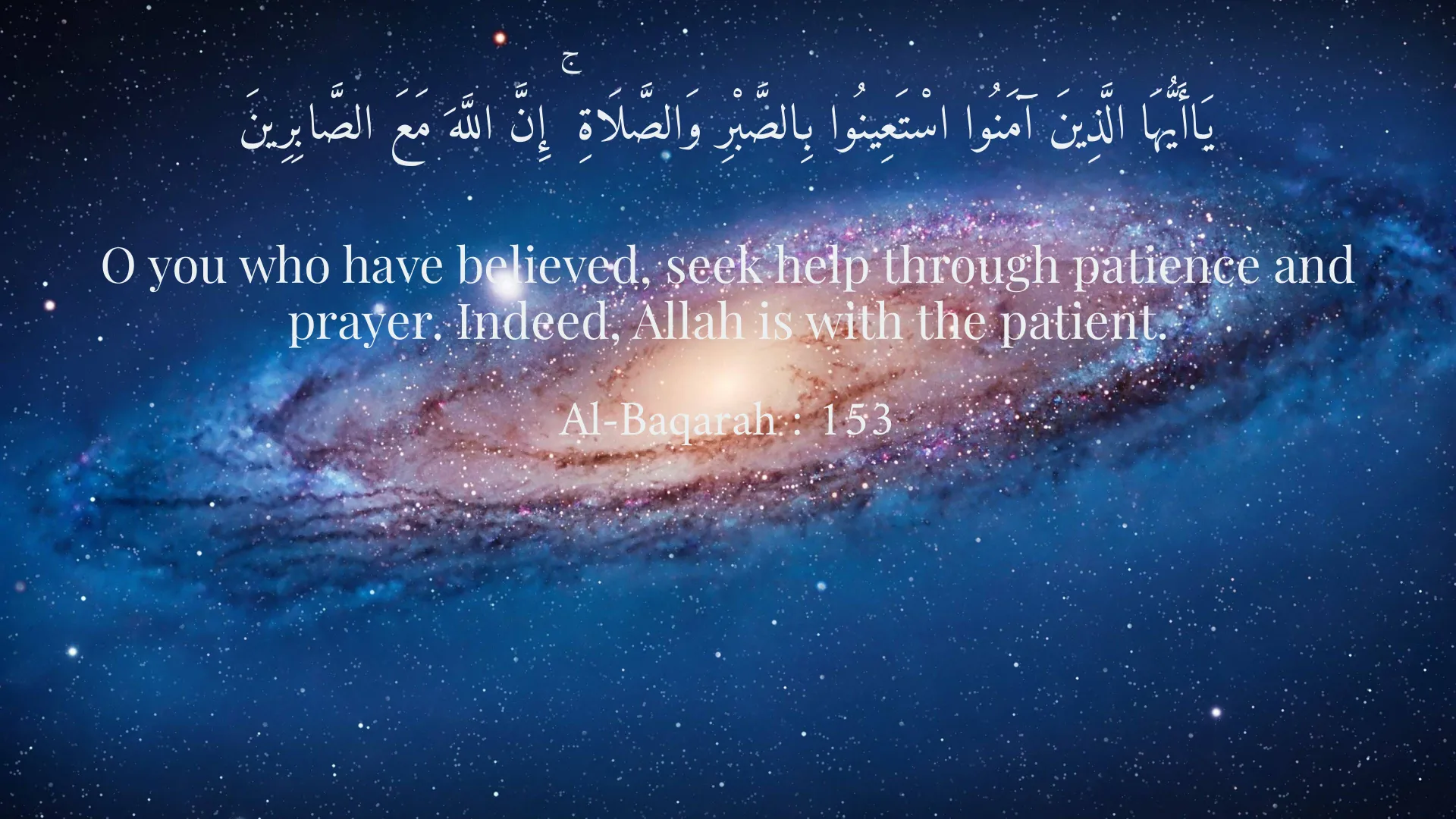Quranic Answer

Heartbreak is an emotional experience that resonates with many individuals across the globe. It is a phenomenon that transcends age, gender, and culture, affecting individuals in various ways. Generally, heartbreak manifests itself as a profound feeling of loss or disappointment, often stemming from romantic relationships, familial ties, friendships, or significant life transitions. While heartbreak can be incredibly painful, it also serves as a catalyst for personal growth and transformation. Understanding the emotional and psychological implications of heartbreak, as well as the spiritual insights found in sacred texts such as the Quran, can help individuals navigate this challenging journey and emerge stronger on the other side. The nuances of heartbreak can stem from a multitude of reasons. Romantic separations are perhaps the most acknowledged cause, where expectations and dreams tied to a relationship collapse, leaving individuals feeling desolate and fearful of the future. Similarly, the loss of a beloved friend or family member can evoke a comparable sense of heartbreak, evoking feelings of emptiness and despair. Disappointment in relationships—whether arising from betrayal, unmet expectations, or personal growth that creates distance—also serves as a fertile ground for feelings of heartbreak to take root. Each of these scenarios encapsulates the human experience of love, loss, and the inherent unpredictability of life. In the face of heartbreak, many individuals turn to various coping mechanisms. These mechanisms can range from seeking solace in friends and family to indulging in distractions or seeking professional help. However, the profound emotional turmoil that accompanies heartbreak often necessitates deeper introspection and reflection. The Quran, a source of wisdom and guidance for billions of Muslims around the world, provides meaningful insights on navigating life’s challenges, including heartbreak. In Surah Al-Baqarah, verse 153, believers are encouraged to seek help through patience and prayer: "O you who have believed, seek help through patience and prayer. Indeed, Allah is with the patient." This exhortation serves as a reminder that during moments of distress, cultivating patience and maintaining a connection with the divine offers support and solace. Patience, in the context of heartbreak, is not just a passive waiting but an active response to suffering. It is an acknowledgment of pain while simultaneously striving to grow from it. Individuals who practice patience during difficult times are often better equipped to process their emotions and gradually heal. Instead of remaining trapped in despair, they channel their energies toward self-reflection, allowing them to learn from painful experiences. This period of reflection can also foster a deeper connection with God, cultivating a sense of hope and purpose amid sorrow. Prayer, as suggested in Surah Al-Baqarah, serves as a powerful tool for solace and healing. When individuals pray, they communicate their innermost feelings to God, expressing their grief, seeking forgiveness, and requesting guidance. Prayer facilitates a moment of peace in the chaos of heartbreak, providing a space for individuals to reconnect with their faith and surrender their struggles to a higher power. Engaging in prayer can help individuals reframe their heartbreak, viewing it as a part of a larger spiritual journey rather than a definitive end. Additionally, the Quran offers profound insights regarding the nature of suffering. In Surah Al-Baqarah, verse 286, it is stated: "Allah does not burden a soul beyond that it can bear…" This verse reinforces the idea that while life presents us with trials and heartache, we are never given more than we can handle. Believing this truth can cultivate resilience and mental fortitude. Understanding that heartbreak is part of our spiritual development can allow individuals to accept their circumstances with grace, knowing that divine wisdom is at play. Heartbreak also offers an invaluable opportunity for personal growth. It encourages individuals to reassess their life's priorities, values, and relationships. During such transformative moments, individuals may find clarity regarding what truly matters to them, prompting them to make affirming choices in their lives. In the wake of heartbreak, many people discover new passions, foster healthier relationships, and commit to personal development. This newfound clarity can lead to a more purposeful existence, enhancing emotional intelligence and overall well-being. Moreover, through the lens of heartbreak, individuals may learn the importance of flexibility and adaptability. Life is inherently unpredictable, and heartbreak teaches us that change can lead to unexpected opportunities for renewal and growth. Those who cultivate a mindset of resilience are better equipped to navigate life's uncertainties and approach future relationships with open hearts and minds, ready to embrace the beauty of love once again. In conclusion, heartbreak is a universal experience that, while painful, can serve as a powerful teacher. The Quran offers incredible wisdom and guidance for navigating the complexities of heartbreak, emphasizing the importance of patience and prayer. Engaging with these spiritual practices allows individuals to find solace in their sorrow and helps them develop a deeper connection with God. Furthermore, heartbreak can catalyze personal growth, encouraging individuals to reassess their priorities and cultivate resilience. Ultimately, approaching heartbreak with a healing mindset can transform pain into an opportunity for personal refinement and spiritual development, leading to a brighter and more fulfilling future.
Related Verses
يَاأَيُّهَا الَّذِينَ آمَنُوا اسْتَعِينُوا بِالصَّبْرِ وَالصَّلَاةِ ۚ إِنَّ اللَّهَ مَعَ الصَّابِرِينَ
O you who have believed, seek help through patience and prayer. Indeed, Allah is with the patient.
Al-Baqarah : 153
لَا يُكَلِّفُ اللَّهُ نَفْسًا إِلَّا وُسْعَهَا...
Allah does not burden a soul beyond that it can bear...
Al-Baqarah : 286
Short Story
Once upon a time, there was a man named Reza who, feeling sorrowful from his breakup, decided to reflect on his life. He went to a beautiful garden and sat there remembering his troubles. Suddenly, he noticed how flowers bloom after rain. He realized that heartbreak is like rain, which can lead to growth and blooming. From that day on, whenever he felt sad, he would visit the flowers and learn how to use heartbreak for growth.